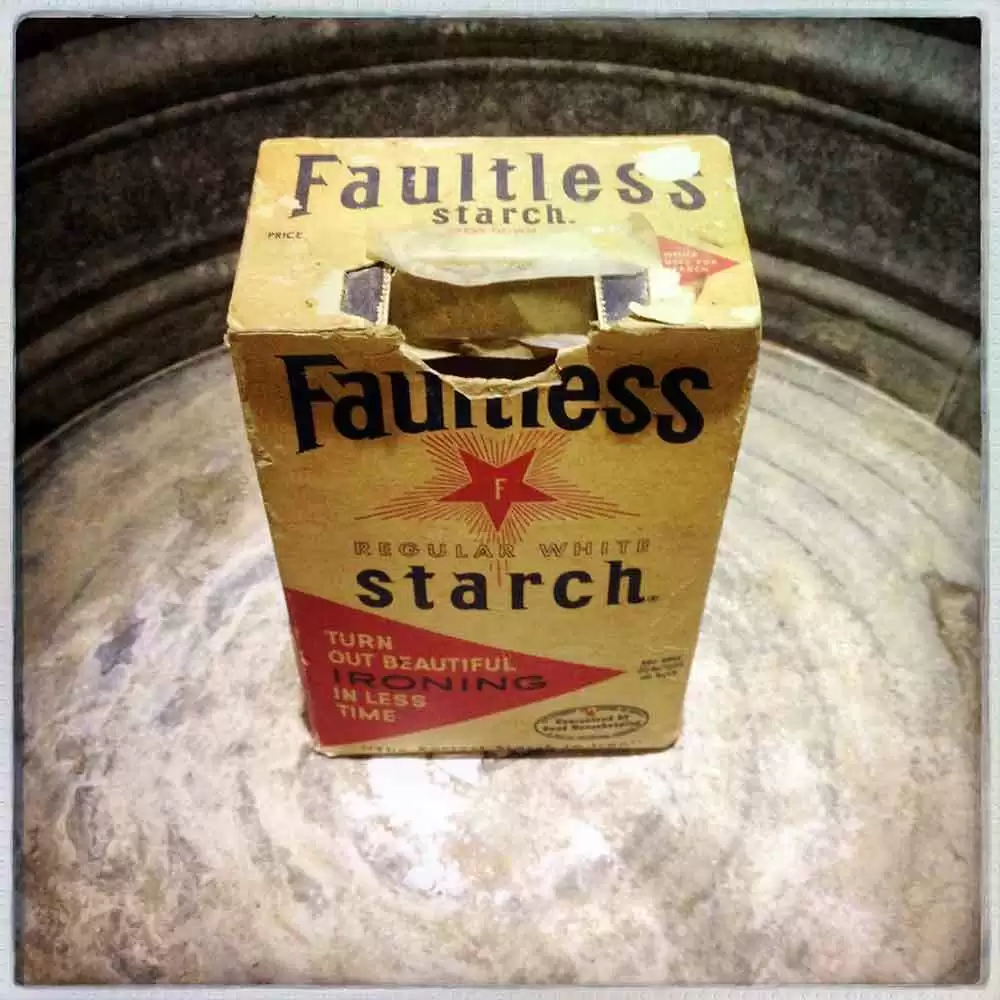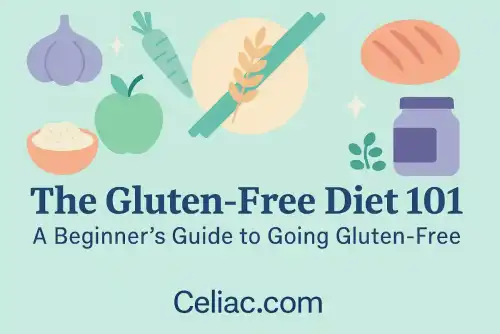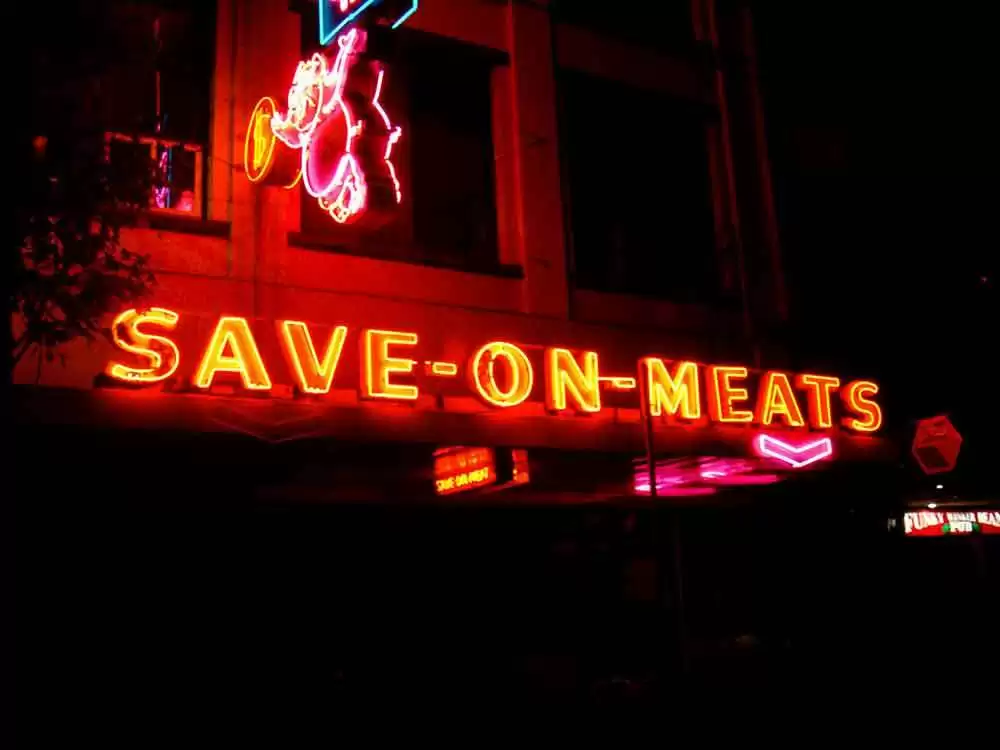
Celiac.com 07/31/2020 - In the U.S., nearly all modified food starch is gluten-free and safe for people with celiac disease. Modified food starch (except for that labeled as made with wheat) is on Celiac.com's list of Safe Gluten-Free Ingredients. Modified food starch is made by treating starch with enzymes, chemicals, or processing techniques to change the structure, and make it useful as an emulsifier, thickener, or an anti-caking agent in food manufacturing.
Modified Food Starch can go by many names, including:
- Modified Food Starch
- Modified Starch
- Food Starch
- Food Starch Modified
- Starch
Celiac.com Sponsor (A12):
In the U.S., most modified food starch is generally made from corn, potato, tapioca, or waxy maize. By federal law, the single word "starch" as an ingredient means cornstarch. In the U.S. all modified food starch not made with wheat, and labeled as such, is gluten-free.
Wheat is sometimes used to make modified food starch. By law, if wheat is used as the source, it must be declared on the label as "modified wheat starch" or "modified food starch (wheat)." Any food starch labeled as wheat starch is not gluten-free, and unsafe for people with celiac disease. This is why it's important to read the allergen label.
So, in the U.S., products labeled modified food starch, modified starch, food starch, food starch modified, and starch are all gluten-free and safe for people with celiac disease. Anything made with wheat must be labeled and is not-gluten-free and unsafe for celiacs.












Recommended Comments
Create an account or sign in to comment
You need to be a member in order to leave a comment
Create an account
Sign up for a new account in our community. It's easy!
Register a new accountSign in
Already have an account? Sign in here.
Sign In Now